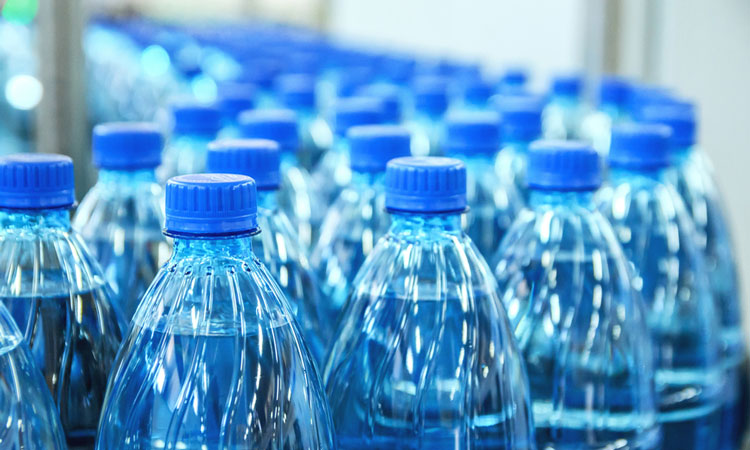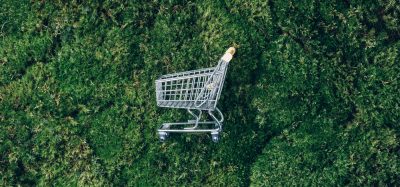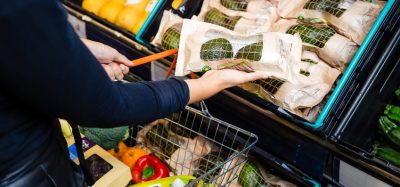Enabling large-scale production of bio-based plastic bottles
- Like
- Digg
- Del
- Tumblr
- VKontakte
- Buffer
- Love This
- Odnoklassniki
- Meneame
- Blogger
- Amazon
- Yahoo Mail
- Gmail
- AOL
- Newsvine
- HackerNews
- Evernote
- MySpace
- Mail.ru
- Viadeo
- Line
- Comments
- Yummly
- SMS
- Viber
- Telegram
- Subscribe
- Skype
- Facebook Messenger
- Kakao
- LiveJournal
- Yammer
- Edgar
- Fintel
- Mix
- Instapaper
- Copy Link
Japanese researchers have developed a high-yielding method of using a glucose derivative of a non-food plant to synthesise FDCA.


Researchers at Hokkaido University have discovered a method to synthesise furan-2.5-dicarboxylic acid (FDCA) from a glucose derivative of non-food plant cellulose in a high yield. The team mentioned how they are paving the way for replacing petroleum-derived terephthalic acid with biomaterials in plastic bottle applications.
The chemical industry is under pressure to establish energy-efficient chemical procedures that do not generate by-products, and using renewable resources wherever possible. Scientists believe that if resources from non-food plants can be used without putting a burden on the environment, it will help sustain existing social systems.
The study was led by Associate Professor Kiyotaka Nakajima at Hokkaido University and Professor Emiel J.M. Hensen at Eindhove University of Technology. The research team succeeded in suppressing the side reactions and producing FDCA with high yields from concentrated HMF solutions without the formation of by-products.
The researchers first acetalised HMF with 1.3-propanediol to protect by-product-inducing formyl groups and then oxidised HMF-acetal with a supported Au catalyst.
About 80 per cent of 1.3-propanediol used to protect formyl groups can be reused for the subsequent reactions. In addition, the team mentioned how drastic improvement in the substrate concentration reduces the amount of solvents used in the production process.
Associate Professor Nakajima said, “It is significant that our method can reduce the total energy consumption required for complex work-up processes to isolate the reaction product.”
“These results represent a significant advance over the current state of the art, overcoming an inherent limitation of the oxidation of HMF to an important monomer for biopolymer production. Controlling the reactivity of formyl group could open the door for the production of commodity chemicals from sugar-based biomaterials,” said Prof Nakajima.
This study was conducted jointly with Mitsubishi Chemical Corporation, and was supported by the Advanced Low Carbon Technology Research and Development Program in Japan.
The study was published in the journal Angewandte Chemie International Edition.
Related topics
Environment, Packaging & Labelling, Plant based, Research & development, Technology & Innovation
Related organisations
Related people
Associate Professor Kiyotaka Nakajima, Professor Emiel J.M. Hensen










Hopefully, more companies will work on large-scale production of biobased products, not just bottles, from non-food plants. It would also be great if they find a way to make waste products as raw materials.